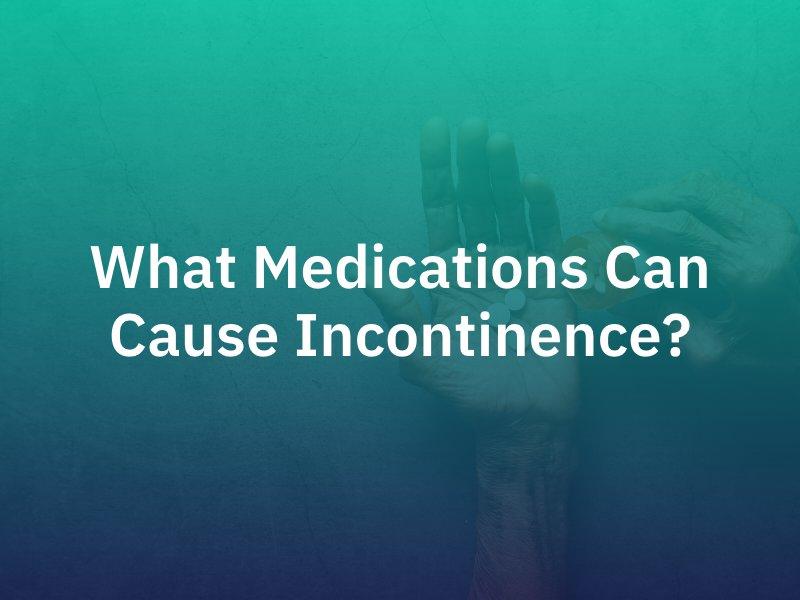What Medications Can Cause Incontinence?
Posted on November 13, 2023 in Medical Malpractice
Incontinence can produce embarrassing moments, making it difficult to spend extended time away from home without preparation for bladder leaks. Multiple factors can contribute to urinary incontinence, but some of the factors may be controllable with a simple adjustment of medications or the time of day a medication is taken.
Commonly prescribed drugs to treat various diseases can contribute to incontinence. Patients should feel comfortable talking openly with their physician about these adverse side effects. While incontinence can be a common side effect of medication, bodily injury due to medical negligence is a growing concern, and any uncommon response to medication should never be ignored. If you or a loved one have been harmed, a medical malpractice lawyer in Portland may be able to help.

Commonly Prescribed Medications and Incontinence
Some individuals may take one or more of the following medications. While medications treat one issue, they can contribute to other health issues. Discussing this topic is never easy, but effectively addressing incontinence can narrow down the cause.
Diuretics
Diuretics work to flush excessive water and salt from the body. This medication works in the kidneys to treat people with high blood pressure, edema or fluid retention, or congestive heart failure. However, the body can begin to produce too much fluid, causing excessive urination or incontinence.
High Blood Pressure Medications
Not only can high blood pressure medications reduce blood pressure, they are often used to treat prostate issues. By allowing the bladder’s neck muscles to relax, urine is easier to pass. This beneficial use of blood pressure medication can also lead to the potential risk of incontinence.
Unfortunately, certain blood pressure medications may have the same effect on the female bladder. Finding the right one to control blood pressure without leading to incontinence may only take a conversation with your medical provider.
Sleeping Pills
Everyone benefits from an uninterrupted night’s sleep. The inability to wake up when the bladder needs emptying at night can lead to bed-wetting, which can be particularly stressful if you share your bed with a partner. Alternative lifestyle choices can produce a better night’s sleep when sleep hygiene is a focus.
Psychotropic medications
These medications work by altering the mood and thoughts of an individual. While some of these drugs help people suffering from bladder issues, others have the potential to increase incontinence. Additionally, extended use of certain medications used to stabilize mood causes the kidneys to be unable to retain water, producing too much urine.
Questions to Consider Before Addressing Incontinence with a Portland Doctor
It’s okay to make notes to carry to your appointment to discuss incontinence. Time restraints can feel pressuring, and forgetting to ask vital questions is common. Any medical concern is valid, and a second opinion is an option for care.
- What medications am I taking, and when did I begin taking them?
- When did incontinence begin?
- Are these symptoms new, or have they occurred at a previous time? If so, what medications were prescribed at that time?
- What actions or activities result in urinary leakage?
Incontinence is a personal issue no one may ever know you experience unless it is discussed at a medical appointment or with a friend. Individuals often find that talking to friends who take similar medications sheds light on their struggles with incontinence.
It is Okay to Discuss and Ask for Help With Incontinence
Incontinence due to medication may be addressed with medication changes. Individuals often suffer in silence until they discuss options with a physician. If incontinence has become a growing issue due to medication and you have concerns about the quality of treatment you have received, speak with a Portland medical malpractice attorney today.
A free case evaluation allows us to understand your needs better. Call (503) 226-6361 or reach out online. Paulson Coletti Trial Attorneys PC has proven experience as medical malpractice trial lawyers and will always keep your best interests at the forefront of our work.
